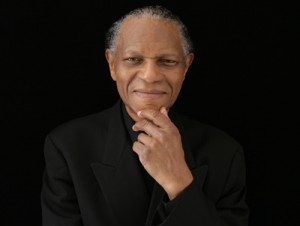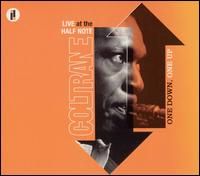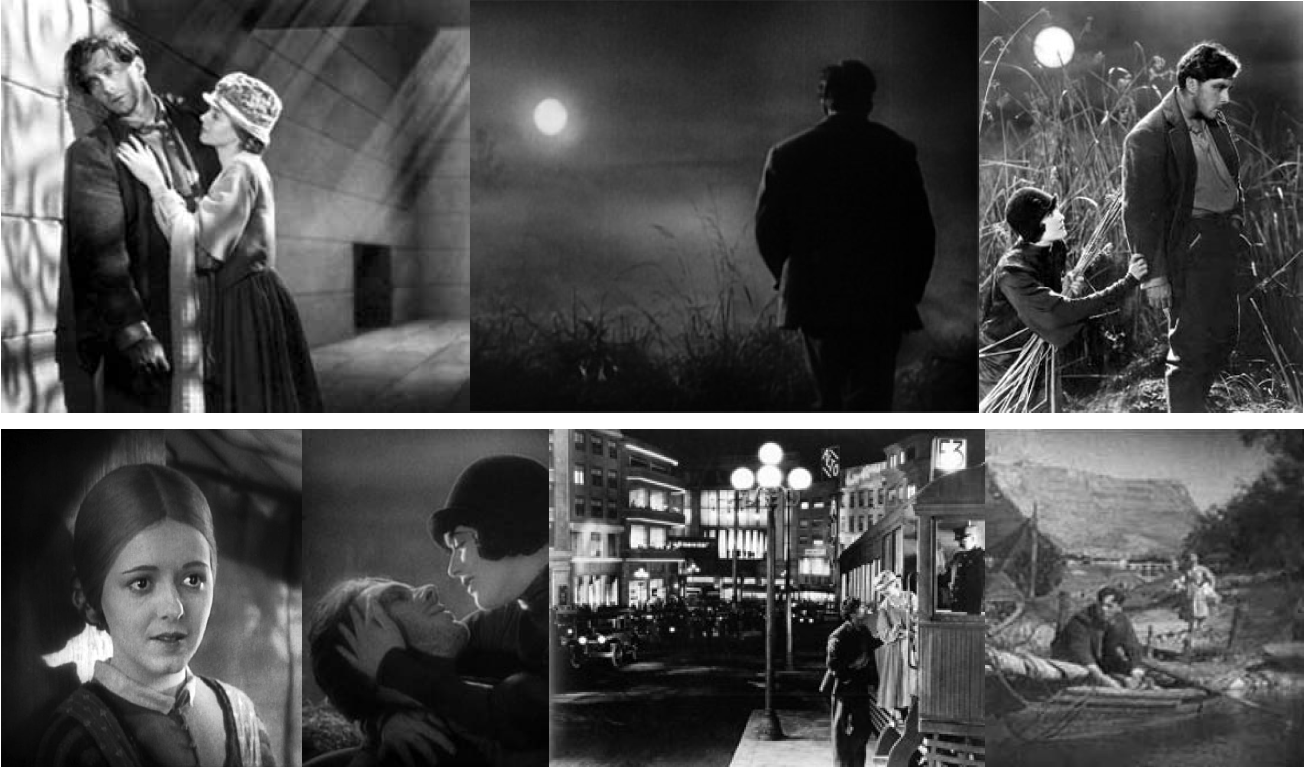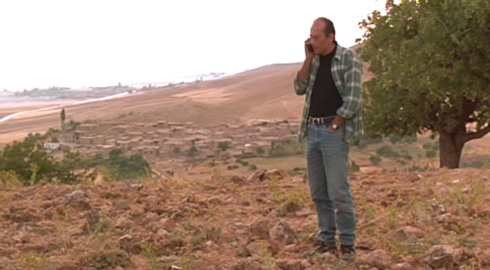This was originally posted on November 22, 2010. Seeing the excellent, informative, and often moving documentary Chasing Trane, which curiously includes more interview material with Bill Clinton than with McCoy Tyner, led me to repost this. — J.R.


On volume 2 of this superb two-disc set (One Down, One Up: Live at the Half Note), recorded on Alan Grant’s “Portraits in Jazz” radio show on May 7, 1965, is a spectacular 13-minute piano solo by McCoy Tyner on “My Favorite Things” that covers well over half of the number’s almost 23 minutes. This solo is incidentally bracketed by some of Coltrane’s loveliest soprano-sax glisssandos on disc, but what amazes me about Tyner’s cascading tour de force is not only how he keeps it going in unforeseeable directions, but also how many different directions this consists of — tonal and atonal, rhythmic and melodic, calm and frenzied — and how steadily it builds to Coltrane’s second solo.
What follows is the final draft of a treatment for a documentary about Tyner that I coauthored via email with cinematographer John Bailey in late 2001 and early 2002, at the behest of producer Rick Schmidlin, with and for whom I’d worked as a consultant on the 1998 re-edit of Orson Welles’s Touch of Evil. Read more
From The Guardian, January 31, 2004. — J.R.

Some film industry bigwigs dream of owning a Rembrandt. In the 1920s, William Fox, head of Hollywood’s Fox studio, wanted a Murnau. A prestigious German director in his late 30s, F.W. Murnau already had 17 German features to his credit (only nine of which survive today). But this was an unprecedented case of a well-stocked studio giving carte blanche to a foreign director simply for the sake of prestige. Murnau took advantage of this opportunity by creating a universal fable that, as an opening intertitle put it, could take place anywhere and at any time: his 1927 masterpiece, Sunrise.
The standard line about the film is that it lost piles of money for Fox. Maybe it did. But film history often consists of writers dutifully copying the mistakes of their predecessors, and I’m afraid I have to plead guilty to having perpetuated this particular story myself. According to film curator David Pierce, “Sunrise was Fox’s third-highest-grossing film for 1928, surpassed only by Frank Borzage’s Seventh Heaven and John Ford’s Four Sons” — both films that were visibly influenced by Murnau. (The first, for starters, employed Gaynor, the second, some of Sunrise‘s sets.) Read more
This appeared in the December 8, 2000 issue of the Chicago Reader. — J.R.

The Wind Will Carry Us
****
Directed by Abbas Kiarostami
Written by Kiarostami and Mahmoud Ayedin
With Behzad Dourani, Farzad Sohrabi, Shahpour Ghobadi, Masood Mansouri, Masoameh Salimi, Bahman Ghobadi, Noghre Asadi, and Ali Reza Naderi.

Paradoxically, Americans still tend to demonize Iranians at a time when Iranian cinema is becoming almost universally recognized as the most ethical in the world. It’s another sign of how limited our understanding of life outside our borders is — which only makes the varied and comprehensive images of Iranian cinema more precious.
It’s true that censorship has helped shape Iranian cinema, but that censorship has had interesting consequences. Women film characters are required to wear chadors, but ordinary Iranian women don’t wear them indoors — which has led to a good many films being set mainly or exclusively in exteriors and focused on public life and social appearances, including all of Abbas Kiarostami’s features since his 1990 masterpiece Close-up. The pivotal title sequence of his most recent feature, The Wind Will Carry Us (1999), opening at the Music Box this week, is set in a dark cellar — and that has a lot to do with what makes this scene metaphysical and momentous and poetically charged, even though practically nothing of consequence happens there. Read more





